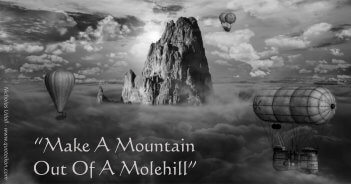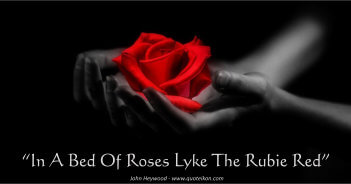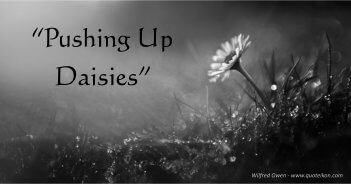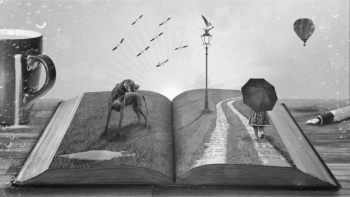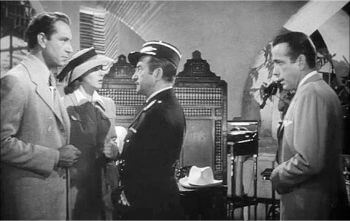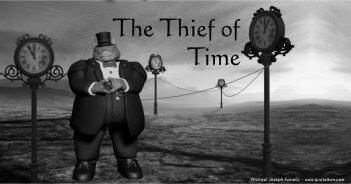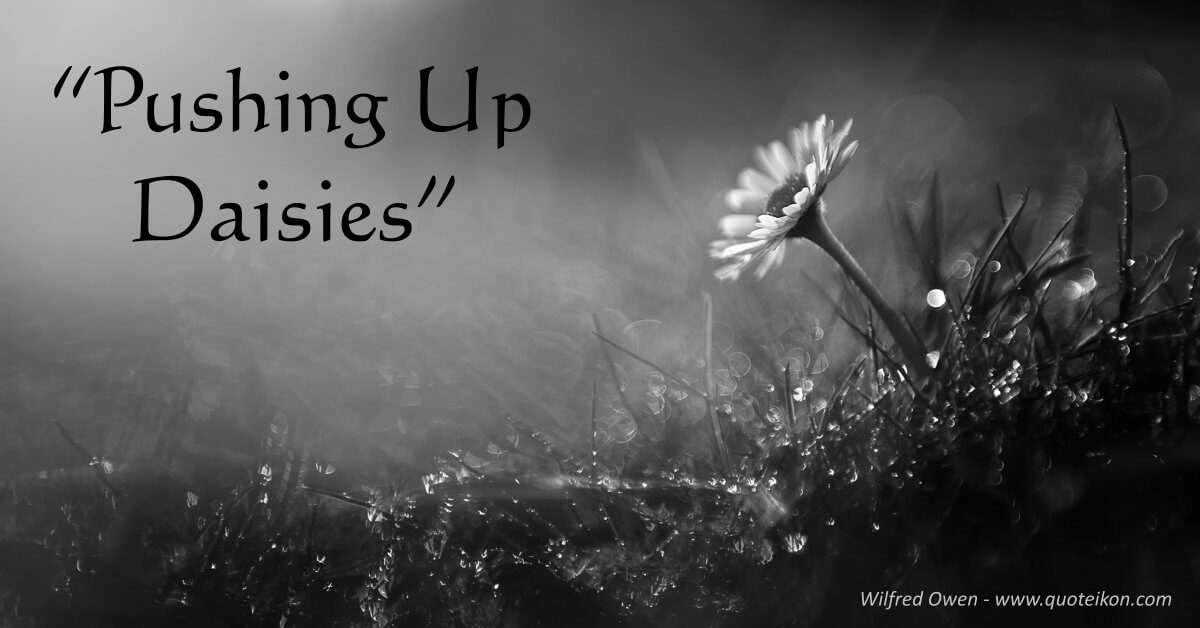
Pushing Up Daisies
Wilfred Owen Quote
Behold, a flower so revered it has attained the gallows vision of life stalking death using the metaphor of pushing up daisies.
As an idiom, pushing up daisies is an informal expression describing someone who is deceased. It is a slang saying that is more at home being conversed in a downtown spit and sawdust bar rather than at an emotionally charged funeral wake.
The thought of a composting corpse quite literally pushing up daisies, or any other plant for that matter, is a notion too extreme to contemplate for bereaved family members of a deceased loved one.
As a colloquial phrase, pushing up daisies came of age as dark humour to lighten the mood of WWI soldiers facing the foregone conclusion of a hopeless situation.
The iconic WWI poet Wilfred Owen used this line to good effect in his 1918 poem titled The Terre. In stanza seven, Owen compared the lot of a rat as living a life to be envied compared to the wounded soldier. He then used an immortal line précising this philosophy: "Pushing up daisies, is their creed, you know"
.
Wilfred shreds the notion of the 'glorious war'. The Terre ridiculed the propaganda that snared the naive until the realisation of painful suffering and pointless death. His description of a dehumanised soldier as "blind and three parts shell" left me numb with sadness.
Oh, to be a fly on a wall of a WWI trench. To witness dignity in the inevitability of murderous absurdity. The gallows humour of "Last one over the top is a w*nker" sums up the courage of the soldier over the insanity of nonsensicality.
Wilfred Owen was not the first to use this phrase in WWI. In 1915, an injured officer of the 6th Battalion Worcestershire Regiment named W. H. Roy, wrote in a letter home: "I suppose in this sphere of life there are only two eventualities really. After a time it’s got to come that you either push up the daisies and enrich the soil a bit, or else you lie still and hold up a few bedclothes for a space of time depending on the circumstances"
.
Pushing up daisies was a common colloquialism used by many soldiers in WWI, meaning Lieutenant Roy was probably not the first to use this phrase that was popularised across the trenches of the Western front.
Pushing Up Daisies, Origins
The smoking gun of the first actual usage of pushing up daisies is challenging to pinpoint unequivocally. However, there have been many interesting anecdotes alluding to its origins.
The famous last words of the romantic era poet John Keats certainly conveyed a comment of creditable citation when he said: "I can feel the cold earth upon me – the daisies growing over me – O for this quiet – it will be my first"
. Not quite pushing up daisies but it did allude to the same thing.
Whilst Keats died in 1821, a later reference to the term pushing up daisies was written by Thomas Ingoldsby in the 1837 book "The Ingoldsby Legends". The line in question is from the chapter titled A Legend Of Norfolk: "Be kind to those dear little folks when our toes are turn'd up to the daisies"
. Again, this is allusion rather than the smoking gun word-for-word origin.
Under The Daisies
Under the daisies was a precursor variant to pushing up daisies and there are a number of published instances of this expression during the nineteenth century.
In 1838 an Irish newspaper, the Clare Journal and Ennis Advertiser published a poem in its August edition that ended with the line: "If we meet I’m undone, And under the daisies you’ll cock up my toes".
The 25th July (1874) edition of the New Zealand Herald published a poem by Susanna J where three of the four stanza's ended with the self descriptive words: "under the daisies".
The Innocence Of The Daisy - A Floral Symbol Of Life And Death
Comprehend the innocence of the daisy. It grows so fragile yet conjures such strength of meaning. From the depths of winter, hope is expressed in the growth of the spring daisy. So small, yet so powerful. It is the floral symbol of both life and death.
Traditionally, Daisies represent the purity of new beginnings and the freshness of cheerful thoughts seeded in the promise of hope that emerges as winter succumbs to the birth of spring.
The Mythological Daisy
The vulnerability of the delicate daisy made its mark on mythology from the cradle to an early grave. Legend has it that Norse mythology associated the daisy with fertility and motherhood whilst the Celtic version saw the souls of the dearly departed young sprinkle daisies down to earth to relieve the pain of the bereaved and stimulate hope.
The Celtic poet Ossian wrote mournfully of dead babies returning to the ground as flowers. Without the specific mention of daisies, it is believed that his reference was derived from the old Celtic legend about daisies and has the added bonus of being one theory behind the origin of gifting flowers at funerals.
Push Up Daisies - an Antonymous Metaphor
It can be used as an antonymous metaphor for an event so improbable it will not happen by saying: "they would push up daisies" before achieving something deemed impossible. Meaning it can be used as an expression to deflate an idea or a plan.
Fresh As A Daisy
The idiom "fresh as a daisy" is an extension to its push up variant. It uses the notion of the daisy closing its petals at night and opening them up again in the morning. It is alluding to waking up bright and breezy and ready for the day to come. The word daisy is a derived contraction of the words 'day's eye' that refers to the daisy quite literally opening its eye to the world every morning.
The Certainty Of Death
The uncertainty of life always ends with the certainty of death. Many people worry so much about this they forget to actually live whilst they have the opportunity. The inevitable day will come what may. In the end we are all destined to go back to the earth and push up daisies.
![]() Article By: Michael Joseph Farrelly
Article By: Michael Joseph Farrelly
Great quotes are not where you find great wisdom. It's where you share this knowledge that counts
Sharing Is Caring
Random Daisy Quote
"Daisies are like sunshine to the ground"
- Drew Barrymore


